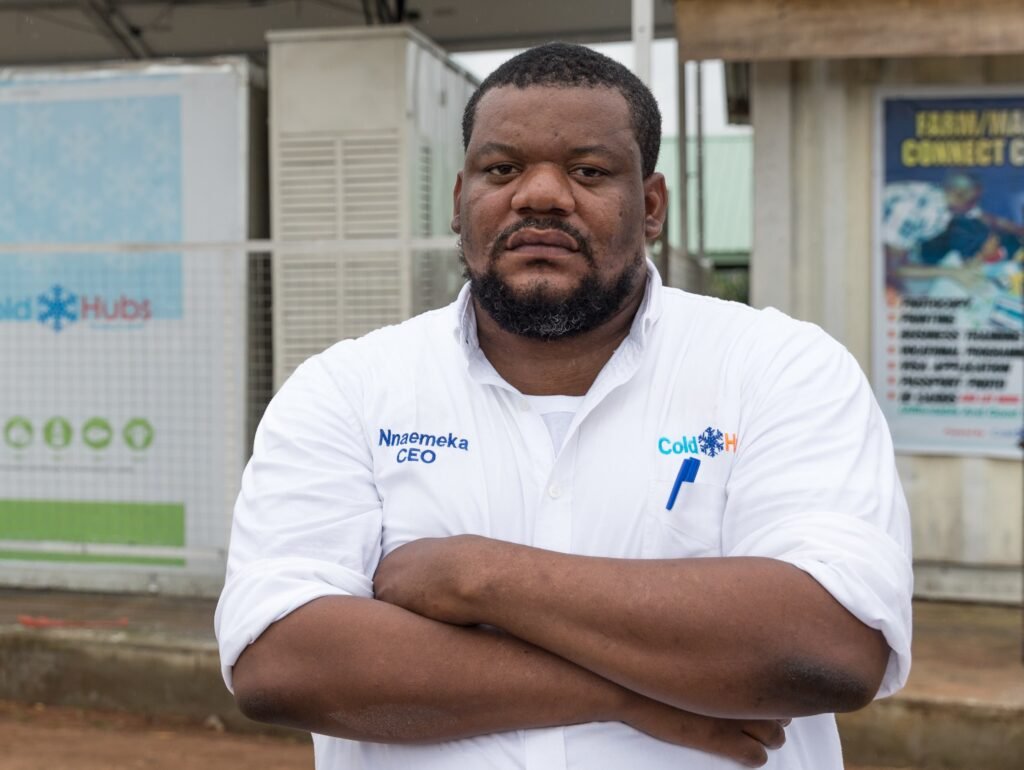By Busani Bafana
Cold chains, a hot issue for food security
The number of people affected by hunger in the world rose to 828 million in 2021, a year-on-year rise of 46 million, the United Nations warns in the report indicating that almost 3.1 billion people could not afford a healthy diet in 2020. This was a rise up to 112 million people from 2019, as the economic impacts of the Covid pandemic drove up inflation.
The Ukraine war has triggered spikes in the prices of basic grains threatening food security, the global body said. The challenges come on the back of the world losing an estimated 14 percent of all food produced for human consumption before it reaches the consumer.
The lack of an effective cold chain to maintain the quality, nutritional value and safety of food is one of the major contributors of the food loss.
According to the Sustainable Food Cold Chains report by the UN Environment Programme (UNEP) and the UN Food and Agriculture Organization (FAO), food cold chains are key to meeting the challenge of feeding an additional two billion people by 2050 and harnessing rural communities’ resilience, while avoiding increased greenhouse gas emissions.
“At a time when the international community must act to address the climate and food crises, sustainable food cold chains can make a massive difference,” said Inger Andersen, Executive Director of UNEP following the launch of the report, during the COP27. “They allow us to reduce food loss, improve food security, slow greenhouse gas emissions, create jobs, reduce poverty and build resilience – all in one fell swoop.
The report was developed by the UNEP-led Cool Coalition in partnership with FAO, the Ozone Secretariat, UNEP OzonAction Programme, and the Climate and Clean Air Coalition.
It says developing countries could save 144 million tonnes of food annually if they reached the same level of food cold chain infrastructure as developed countries.
“As post-harvest food loss reduces the income of 470 million smallscale farmers by 15 percent, mainly in developing countries, investing in sustainable food cold chains would help lift these farm families out of poverty,” the report says.
The food cold chain has serious implications for climate change and the environment with emissions from food loss and waste due to lack of refrigeration totalling an estimated one gigatonne of carbon dioxide (CO2) equivalent in 2017, about 2.0 percent of total global greenhouse gas emissions. Reducing food loss and waste could make a positive impact on climate change, with new cooling-related infrastructure that are energy-efficient and run on renewable energy.
The adoption of the Kigali Amendment to the Montreal Protocol and the Rome Declaration on “the contribution of the Montreal Protocol to sustainable cold chain development for food waste reduction” provide a unique opportunity to accelerate the deployment of sustainable food cold chains. The report notes that projects around the world show that sustainable food cold chains are already making a difference.
In India, a food cold chain pilot project reduced losses of kiwi fruit by 76 percent while cutting emissions through the expansion of use of refrigerated transport. In Nigeria, a project to install 54 operational ColdHubs prevented the spoilage of 42,024 tonnes of food and increased the household income of 5,240 small-scale farmers, retailers and wholesalers by 50 percent.
In Nigeria, food loss accounts for 40 percent of all food produced in the country, according to the World Bank. An estimated 93 million smallholder farmers and food supplier chain actors are affected by food loss.
Nnaemeka Ikegwuonu, the founder of ColdHubs Ltd, is a Nigerian social enterprise that designs, installs, operates and rents walk-in cold rooms known as ‘ColdHubs’,
has observed farmers at local markets racing to sell their produce before sundown to avoid throwing it away after it spoiled.The ColdHubs can store and preserve fresh fruits, vegetables and other perishable foods, extending their shelf life from two days to 21 days. The transportable, stand-alone units give local farmers an affordable, payas-you-go option for keeping their beans, peppers, tomatoes, and other produce fresh for days or weeks.
The unit’s solar panels are connected to a battery storage system that allows the coolers to operate completely off the grid 24-hours a day.
Each unit is also equipped with multiple sensors so they can be monitored remotely via either a computer or mobile phone app that keeps tabs on temperature, and energy consumption. A report by the Rockefeller Foundation indicates that the increase in the commercial sale and use of loss-averting technologies among smallholder farmers and value chain actors is an opportunity to reduce spoilage.
Fruits and vegetables have the largest losses across developing countries, accounting for 42 percent of the developing country loss and waste globally. With less than seven years to the deadline for the 17 Sustainable Development Goals, the FAO has called for global action to reduce food loss and waste. SDG Goal #12 is about ensuring sustainable consumption and production patterns with a focus on reducing waste.
A target of SDG#12 specifically calls for the halving of global per capita food waste at the retail and consumer levels and reducing food losses along production and supply chains, including postharvest losses.
To expand sustainable food cold chains globally, the report recommends the adoption of a holistic systems approach to food cold chain provision as well as the quantification and benchmarking of the energy use and greenhouse gas emissions in existing food cold chains

